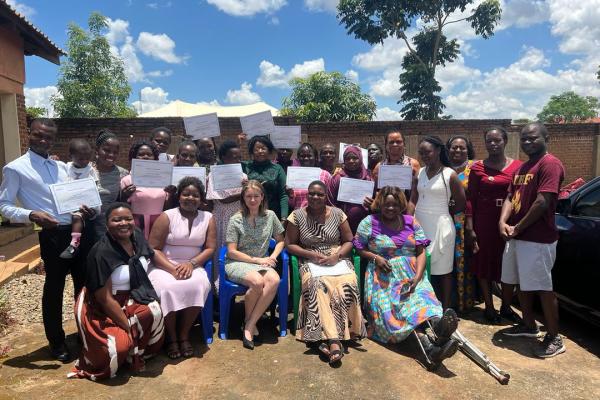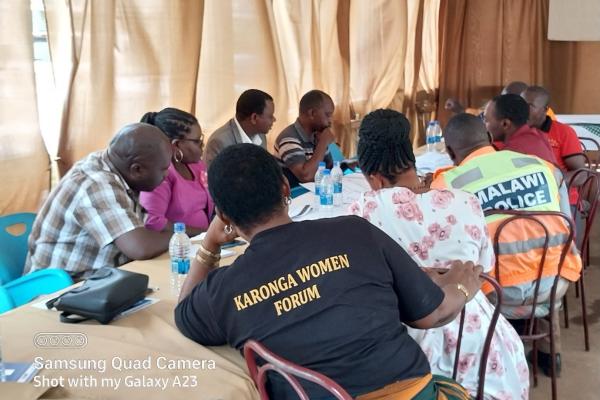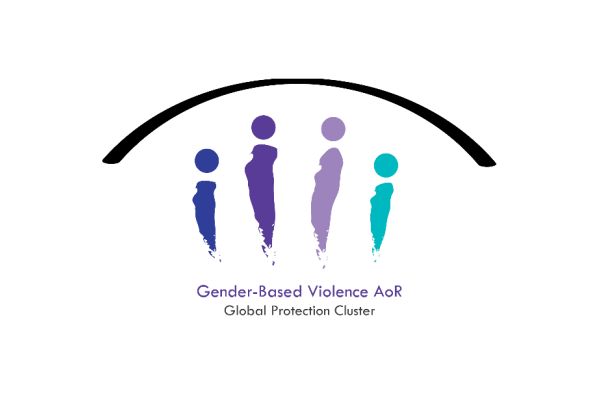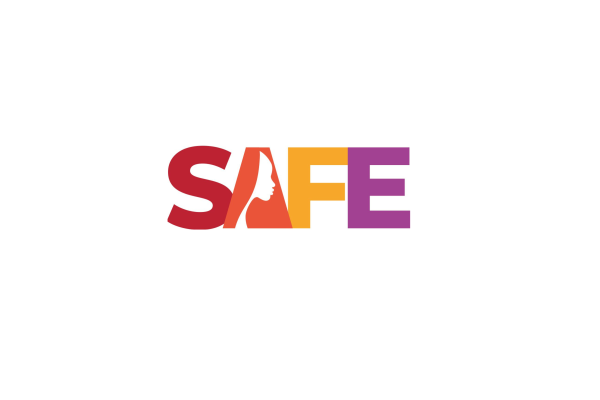Tina provides technical advice and leadership to SDDirect's work in the field of Gender Based Violence (GBV) prevention. She helps to ensure that the work of in-house staff and consultants is…
Erika provides technical advice and leadership to SDDirect’s work on gender-based violence (GBV). She has over twenty years of experience of working on social development. Erika has produced…
Jo Feather is a Principal Consultant in the Gender-Based Violence (GBV) Portfolio. She has been working in gender and social development for over 20 years specifically on violence against women and…
Kate leads SDDirect’s portfolio of work on Gender-Based Violence (GBV) in development and humanitarian contexts. She is a member of the senior leadership team on the global ‘What Works to Prevent…
Amanda provides technical advice and leadership to SDDirect's work in the field of Gender Based Violence (GBV) prevention and response as part of SDDirect’s GBV Portfolio team. She is the Country Co-…
Clare joined SDDirect as a Principal Consultant in the Gender-Based Violence team, with a specialism in GBV in Emergencies. She has a wealth of experience in NGOs, consultancy, donor governments and…
Gemma Ferguson is a Principal Consultant in the GBV team. She brings two decades of experience working at the intersection of media and social development, with a special focus on gender, social…
Joanne leads SDDirect’s Gender-Based Violence (GBV) in Emergencies work. She is a senior member of the GBV portfolio and Director of the GBV AoR Helpdesk: a research and advice service for…
Lusungu provides technical advice and leadership to SDDirect's work in the field of Gender Based Violence (GBV) prevention as part of SDDirect’s GBV Portfolio team. She is the Country Co-Lead for SDD…
Maria is part of the Gender-based Violence (GBV) team at SDDirect. She is a social inclusion and gender equality professional with strong feminist values, specialising in violence against women and…
With a background in humanitarianism and social development, Hanna provides technical and research expertise to SDDirect’s Gender-Based Violence and Safeguarding portfolios. As the GBV AoR…
Naomi is a Technical Specialist who works across our Governance and Inclusive Societies and Gender-based Violence portfolios. She primarily focuses on Women, Peace and Security (WPS), women’s…
Veronica Ahlenback is a Technical Specialist in SDDirect’s Gender-based Violence portfolio. She is particularly interested in Gender Equality and Social Inclusion (GESI) approaches in GBV focused…
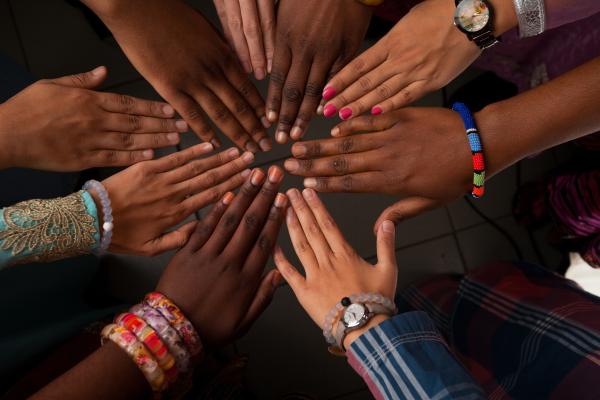 Our global Gender-Based Violence (GBV
Our global Gender-Based Violence (GBV













